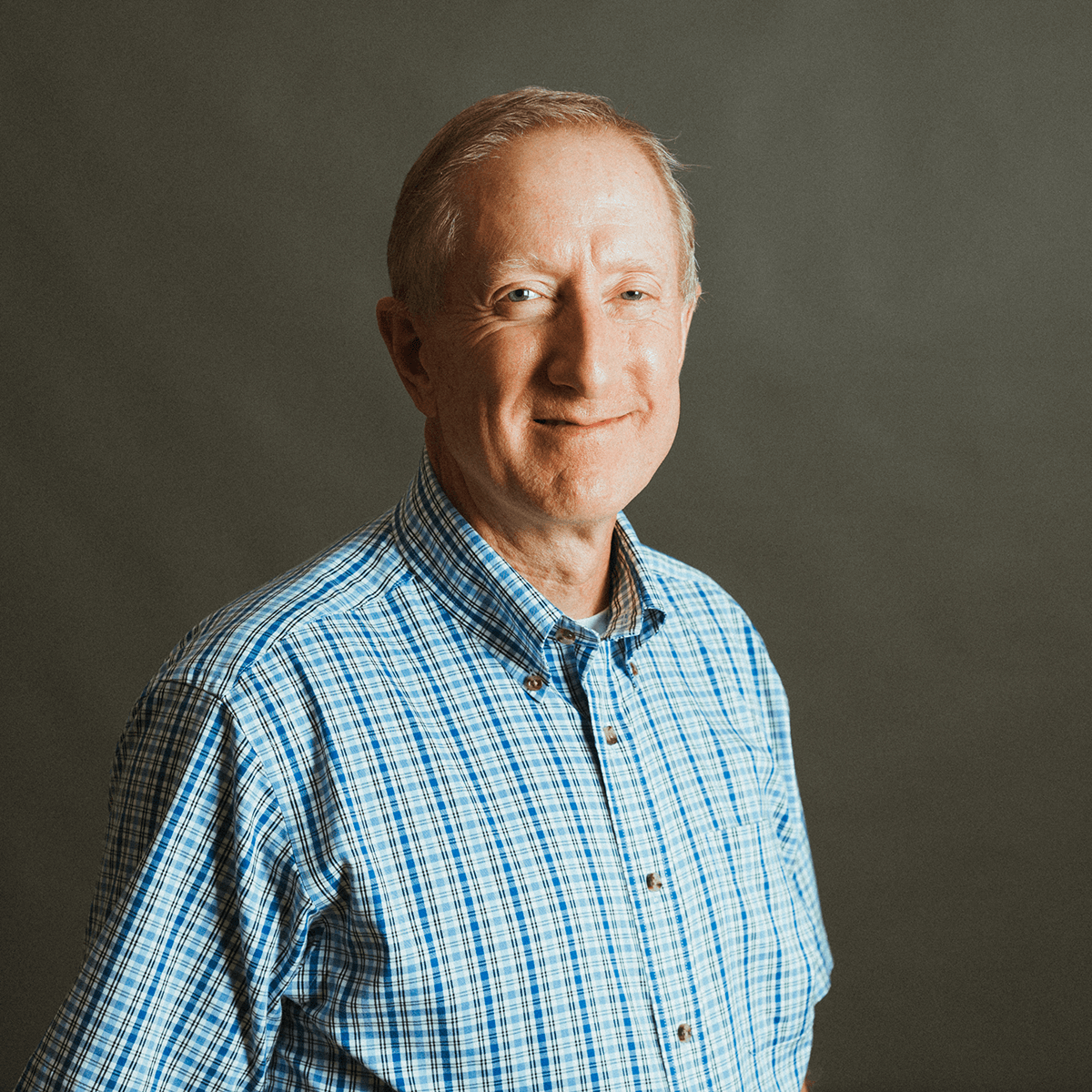
Ronald C. Marks, PhD
Department Chair, Physical SciencesProfessor, Chemistry
864.977.2087
ronald.marks@ngu.edu
Unit: College of Humanities and Sciences, School of Sciences and Math, Physical Science
Location: Tigerville
"He made Him who knew no sin to be sin on our behalf, so that we might become the righteousness of God in Him." 2 Corinthians 5:21

